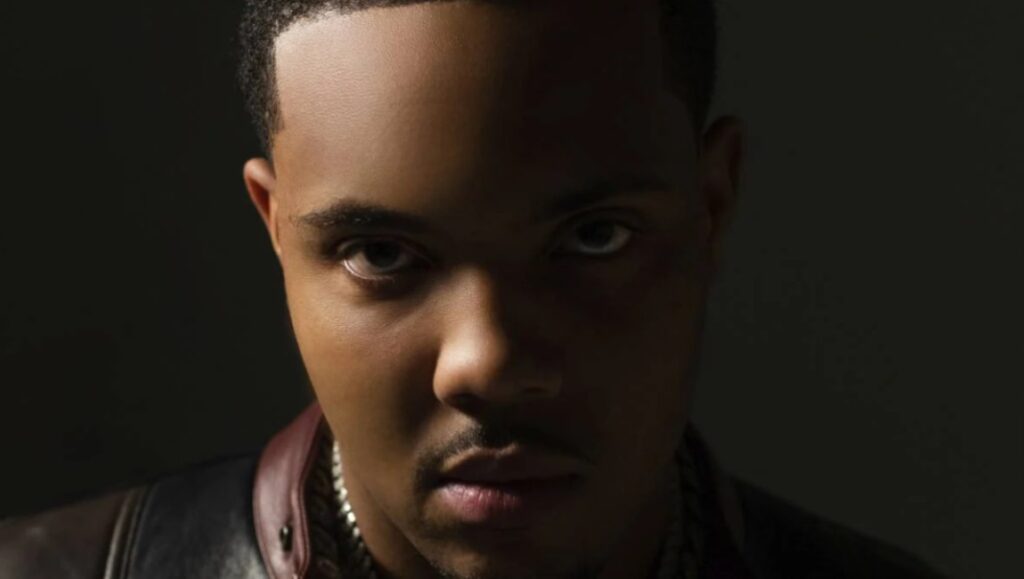25 swerves hard into newfound mature and vulnerable terrain for G Herbo, an organically-implemented pivot that only witnesses occasional missteps.
On his latest album 25, G Herbo is attempting to pivot into something greater than his current self — that is, a successful solo artist with commercial viability. He’s gestured towards this outcome before, most clearly on his last album, 2020’s PTSD, which found him contemplative and compassionate (two sides of the rapper that haven’t really been explored in too much depth before), but was ultimately bogged down by a general lack of vision beyond stating the plainly obvious (and also having Chance the Rapper show up post-The Big Day). Still, credit where credit is due, this was something of a major artistic step for the Chicago rapper, who first gained a massive following for whipping up some of the most brutal regional drill songs the scene could muster. But from that particular movement, he’s the only one who’s remained stagnant career-wise: Lil Bibby became a mogul, Lil Durk caught a second-wind, Famous Dex lost his mind, while Chief Keef moved to L.A. and became a legend in his own right. In one way or another, all of these emcees have moved on, either to greater heights or lower lows, all the while Herbo became the last man standing. So for the past few years, he’s been doing anything and everything to change this general perception: giving out features at a rate that would make Lil Wayne pause for a second, founding a local charity aimed at assisting victims of trauma, and dissing fans of Avengers: Endgame by calling them “lame nerds.”
In keeping with this image rehaul, 25 (named after the rapper’s age, in a Fellini-esque meta move) is more of the same: it’s a solid release from a consistently solid artist, albeit one that tries a bit too hard to really get you to see Herbo as some transcendent inspirational figure. On “Demands,” he rails against crooked police, a broken judicial system, institutional racism — and the members of his own community, claiming they’re not taking accountability for their actions and should buy “back the block cause now we making M’s,” the type of advice Jay-Z would enthusiastically support. He even goes as far as to close the track on his own MAGA-esque slogan (Make The Hood Great Again), in case he didn’t make it clear enough that capitalism and bureaucracy are the only forces powerful enough to restore social justice. When trying to address issues this structural, he comes across short-sighted; when he’s sticking to his subjective experiences and how they’ve bettered him, his raps land much harder. The melodic “Cry No More” finds Herbo and guests lamenting their losses and begging for their internal pain to end with a heightened sense of pathos. And on “Cold War” he makes the usually over-blown rapper claim that he does everything for his family — and then brings on his own son to confirm the validity of such statements. But the songs Swervo still sounds the most comfortable recording — which also happen to be the best, most exciting ones here — is when he revs things up a notch and gets to really spitting, as on “T.O.P” or “Really Like That.” The latter is something of the pure ideal for the project: it doesn’t sacrifice Gerbo’s ferocious delivery and dexterous flow, but also readily displays his newfound maturity and vulnerability (“Stood over my n***a dyin’, and I really cried tears”) over Tay Keith’s exhilarating production. But even as he gracefully enters into this elder statesman status, Herbo closes things out by reminding us who he really is over everyone else, with a statement as self-affirming as it is threatening: “I be rappin’ for the streets, you n***as rappin’ for the pigs.”
Published as part of Album Roundup — July 2021 | Part 3.


Comments are closed.